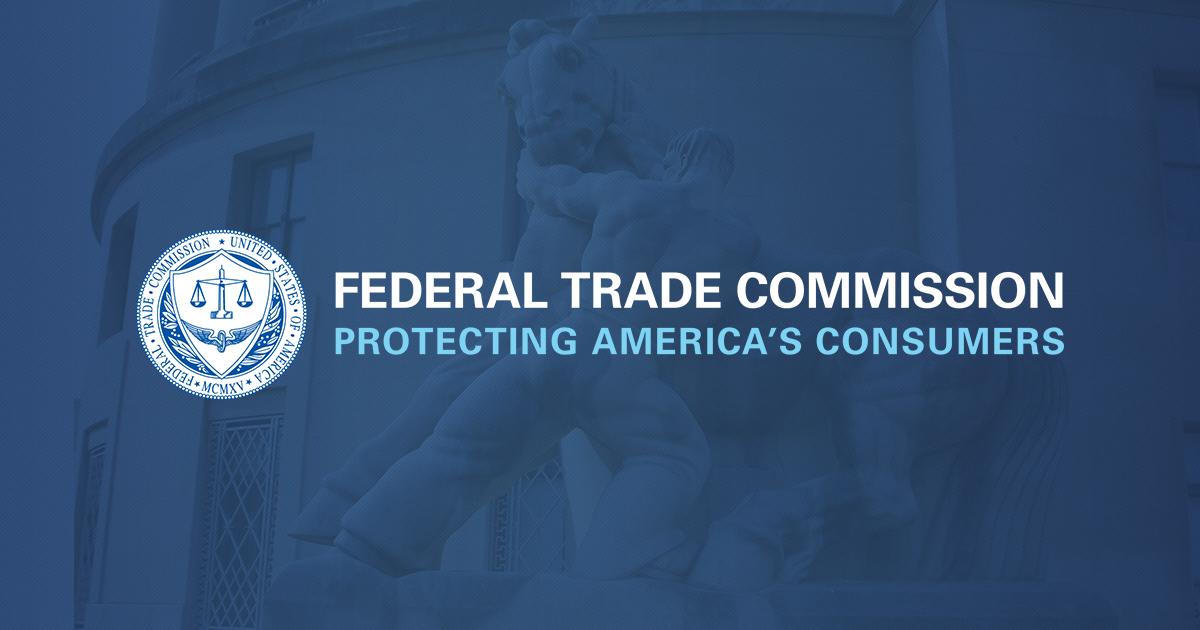A membership reward service called Upromise, aimed at consumers trying to save for college, will pay a $500,000 civil penalty to settle allegations that it violated the terms of a Federal Trade Commission order requiring the company to make disclosures about its data collection and use and to obtain third-party assessments of its data collection toolbar.
“Upromise once again didn’t disclose to consumers the extent of its data collection, and failed to comply with the FTC’s order to get required privacy assessments,” said Tom Pahl, Acting Director of the Federal Trade Commission’s Bureau of Consumer Protection. “Companies must keep their privacy promises.”
Following the 2012 order, Upromise encouraged consumers to download a toolbar called “RewardU.” The FTC’s order required Upromise to make clear and prominent disclosures about RewardU’s data collection and use, and to obtain third-party assessments and certifications of the toolbar describing specific safeguards and their effectiveness in protecting consumers’ personal information. In a civil penalty complaint filed on the FTC’s behalf by the Department of Justice, the Commission alleged that Upromise failed to comply with both provisions of the order.
Under a stipulated order announced today, Upromise must not violate the 2012 order and must pay a $500,000 civil penalty. Before launching a future toolbar, it must have a third-party professional specializing in website design and user experience certify that Upromise has adhered to the order’s disclosure and “express, affirmative” consumer consent requirements. Upromise also must obtain advance written approval from the FTC of any required assessment’s scope and design. In addition, it must permanently expire RewardU-related cookies from consumers’ computers and notify those consumers how to uninstall the toolbar and any associated cookies.
The Commission vote authorizing the staff to refer the complaint to the DOJ and to approve the proposed stipulated order was 3-0. The DOJ filed the complaint and proposed stipulated order on behalf of the Commission in U.S. District Court for the District of Massachusetts.
NOTE: The Commission authorizes the filing of a complaint when it has “reason to believe” that the law has been or is being violated, and it appears to the Commission that a proceeding is in the public interest. Stipulated orders have the force of law when approved and signed by the District Court judge.
The Federal Trade Commission works to promote competition, and protect and educate consumers. You can learn more about consumer topics and file a consumer complaint online or by calling 1-877-FTC-HELP (382-4357). Like the FTC on Facebook, follow us on Twitter, read our blogs and subscribe to press releases for the latest FTC news and resources.

